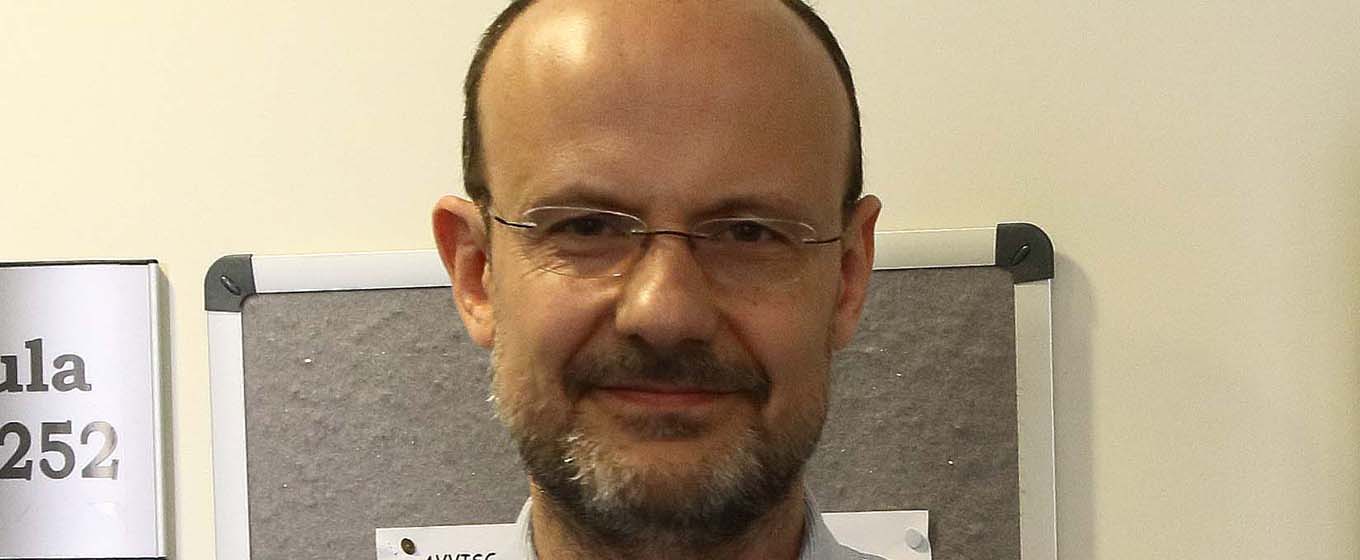Prof. Marco Caselli - Center for International Solidarity, Director

Can you describe the Centro d’Ateneo per la Solidarietà Internazionale (CESI)?
CESI was founded as a means of expressing the importance of people and solidarity that lies at the heart of the Università Cattolica study experience. The intention was not to organize projects independently of the University, but to provide a link and a catalyst, and to coordinate the experiences and competencies present in our University, which can be made available to the people and the nations in the southern hemisphere.
How did CESI, the Policlinico Gemelli and Università di Trento begin working together on this project?
The project was set up by doctors at the Policlinico, in particular Professor Antonia Testa, and the University of Trento got involved thanks to her contacts there. Professor Testa sits on the CESI board of directors and recruited Università Cattolica in order to represent and develop our international projects and to give an institutional arm to the project. More than eighty professionals are now engaged in the venture.
Aid projects are often neglected in times of crisis while help is offered at home. However, this project has continued to help other countries despite the pandemic we are experiencing in Italy.
I teach a course entitled Sociology of Cooperation for Development and, before the pandemic, during the first lesson I often asked my students, “With all the problems of unemployment and poverty that we have in Italy, why should we continue to help poorer countries?” Answers to this question are many: because people are certainly cynical, but only to a small degree. Because we are aware that, despite all the Italian problems, there are people who are worse off than we are’. Because the spread of the Covid virus in sub-Saharan African countries would have even more devastating effects than it has had in Italy. Because helping is an ethical response present in all cultures, ‘when someone is in need, you offer help’. Finally, there is the idea that it is in our interest to help: the pandemic will only be over when it has been overcome everywhere. Sometimes we can do important and useful things without the need to do anything extraordinary: this project has a very low budget and we have simply made use of the commitment and the time generously offered by our medical colleagues. At times we have wonderful ideas and we say, ‘If only we had the money to put that into action!’ when in fact, the only resources necessary are our skills and intelligence. Behind this project there is a good idea and, fortunately, good ideas are free.
Online communication has allowed us to be ‘close while at a distance’. Could this be the start of a new type of voluntary work that accompanies in loco projects?
Clearly, we could not have done this without the technology: getting eighty or ninety people from fifteen to twenty different countries together in the same place would be an organizational and financial nightmare. The technology overcomes these barriers and should be exploited in emergency situations. Of course, communication through the Internet is extraordinary, but has its limits: in some areas of the world, connection is patchy and unreliable. Then there is the question of physical contact, which is still essential to us as human beings. Solidarity is a human practice and cannot be reduced to the mere use of technological tools: we still need to look into each other’s eyes, shake hands and pat each other on the back. Reciprocal trust is built through daily physical interaction. The project has worked through technology which was made possible because of a network that had been created over the years through personal meetings and contacts.

